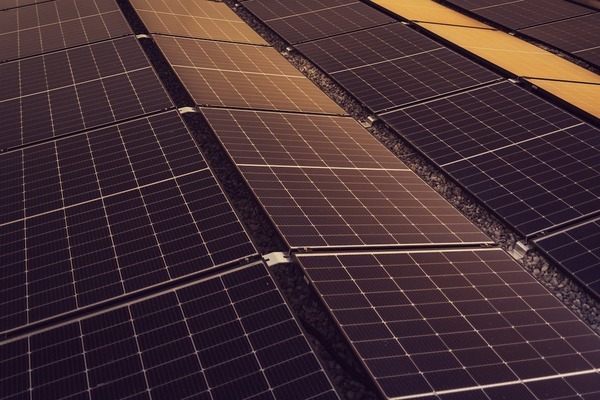The UAE is expanding its renewable energy projects beyond large-scale developments. Several smaller initiatives are contributing to clean energy production across the country.
The Abu Dhabi Department of Energy has introduced a pilot project for floating solar panels on water reservoirs. The project aims to test solar power generation on artificial water bodies to reduce land use while maximizing energy production. Initial testing suggests that floating panels could improve solar efficiency by keeping panels cooler.
In Dubai, the Roads and Transport Authority (RTA) has installed solar panels at metro stations and parking facilities. These installations help power station operations and reduce dependency on the main grid. Dubai also operates a solar-powered desalination plant, which combines photovoltaic technology with reverse osmosis to produce drinking water using renewable energy.
The UAE is also developing smaller wind power projects. Masdar is working on a wind farm on Sir Bani Yas Island. The farm will provide renewable electricity for the island’s facilities, including conservation centers and eco-tourism resorts. It is one of the few wind energy projects in the country, as most renewable energy development in the UAE has focused on solar power.
Hydrogen is another area of growth. In collaboration with Siemens Energy, the UAE has launched a pilot green hydrogen plant at the Mohammed bin Rashid Al Maktoum Solar Park. The facility produces hydrogen using solar energy, which can later be used as fuel for transportation and industrial processes.
The UAE has an installed renewable energy capacity of about 4.5 gigawatts (GW). This includes projects such as rooftop solar systems under the Shams Dubai initiative and independent solar farms operated by local companies. These smaller projects add to the country’s larger renewable energy strategy.


